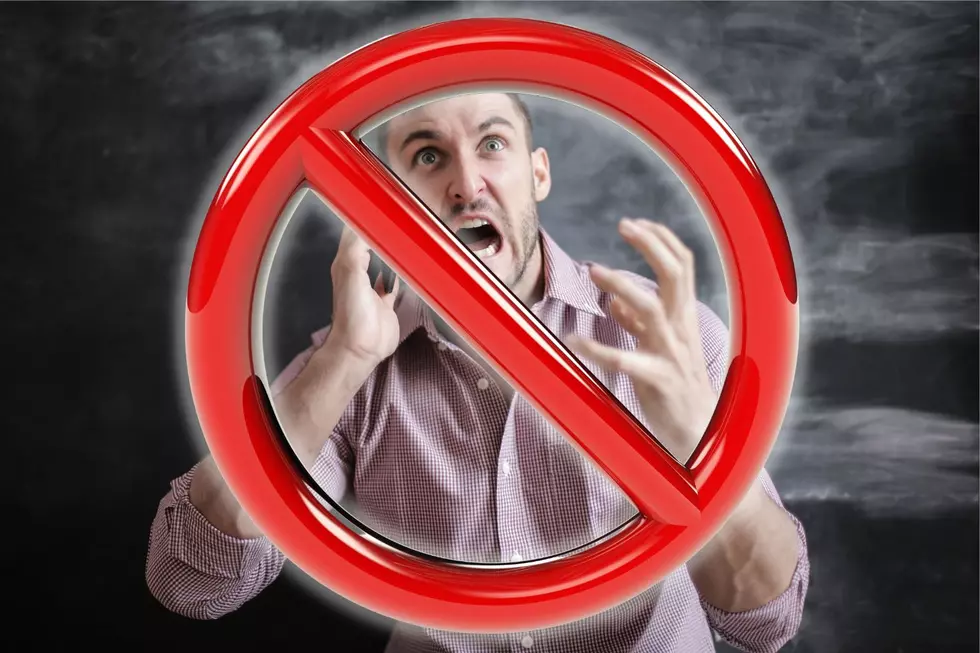
Study Shows Answering Robocall Won’t Necessarily Lead to More
Within the last five years or so, many of us have been plagued with the tech equivalent of house flies that won't get out of your face.
Yes, the dreaded robocall.
I've received calls from Idaho, Virginia, Maine, Alaska(!), Alabama, Colorado, Washington, Nebraska, yada yada yada...
You get the idea. Actually, you probably get the idea because you probably get the calls. I do know people in Washington, Nebraska, and Alabama, but they wouldn't call me.
So I always go with a "Please text me" and then nothing.
But I've learned that if you are to actually answer one of these calls, you won't necessarily get callbacks from that number.
This study, according to Engadget, reveals that robocalls have remained flat and that multiple numbers can come from just a handful of campaigns. That means that at some point it may be possible to pinpoint their point of origin and stop them.
Thing is, if a caller uses a "spoofed" number, you could be inundated with these pesky calls.
Here's my big personal issue with these robocalls. Because they've been so frequent in the past (and, honestly, I haven't gotten nearly as many over the last couple of months as I had before, so maybe it's working), I don't respond to unfamiliar numbers. The other day, I got a call from a woman who had some important information about my mother and dental insurance. She had called a month before but I didn't answer because it was a strange number.
So, THANKS, robocalls. Hopefully this research at North Carolina State University will put a stop to them once and for all.

"
"
More From WBKR-FM









